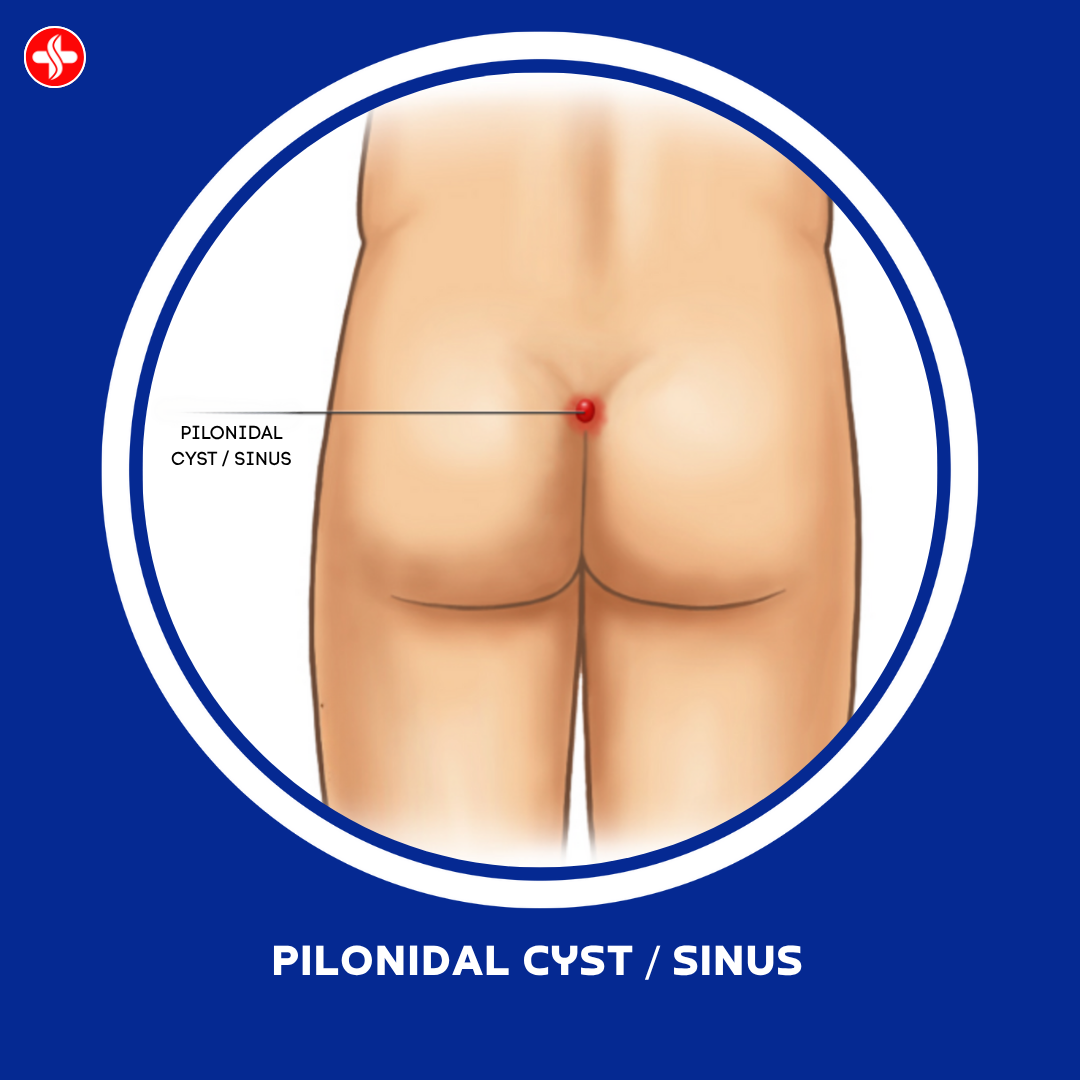The Role of Nutrition in Surgical Recovery –
Surgery is a significant event in one’s life, and the journey to recovery after a surgical procedure can be just as crucial as the surgery itself. While post-operative care, medications, and follow-up appointments are essential components of healing, one aspect often underestimated is the role of nutrition in the recovery process. The foods you eat can significantly impact the speed and success of your recuperation. In this blog post, we’ll explore the critical role of nutrition in surgical recovery and provide valuable insights into making the right dietary choices to support your healing journey.
Nourishing Your Body for Recovery –
Proper nutrition is the foundation for healing and regaining strength after surgery. Here’s why it matters:
1. Supports Tissue Healing : Surgery often involves incisions and tissue damage. Adequate protein intake is crucial for repairing and rebuilding damaged tissues. Lean protein sources like chicken, fish, beans, and tofu should be part of your post-surgery diet.
2. Enhances Immune Function : A well-balanced diet rich in vitamins and minerals, particularly vitamin C and zinc, can bolster your immune system. A strong immune system is essential for warding off infections and complications during the recovery period.
3. Reduces Inflammation : Omega-3 fatty acids found in fish, flaxseeds, and walnuts have anti-inflammatory properties. A diet high in these nutrients can help reduce post-surgical inflammation and discomfort.
4. Manages Constipation : Post-surgery pain medications can cause constipation. Consuming high-fiber foods such as fruits, vegetables, and whole grains can help regulate your digestive system and alleviate this common issue.
5. Maintains Energy Levels : Surgery can leave you feeling fatigued. Eating a well-balanced diet with complex carbohydrates (whole grains) can help maintain your energy levels and prevent weakness.
6. Promotes Wound Healing : Foods rich in vitamin A and vitamin K play a crucial role in the formation of new blood vessels and clotting. These vitamins can support the healing of surgical wounds.
Post-Surgery Dietary Tips –
To make the most of your nutrition during the recovery period, consider the following tips:
1. Stay Hydrated : Proper hydration is essential for recovery. Water helps your body process medications and flush out toxins.
2. Focus on Protein : Aim for lean proteins like chicken, fish, turkey, and plant-based sources like tofu and legumes.
3. Incorporate Fruits and Vegetables : These provide essential vitamins, minerals, and antioxidants that aid in the healing process.
4. Monitor Fiber Intake : Control constipation by including high-fiber foods in your diet.
5. Limit Sugary and Processed Foods : Excessive sugar and processed foods can hinder the healing process. Opt for whole, unprocessed foods.
6. Follow Your Surgeon’s Advice : Always follow the dietary recommendations provided by your surgeon or healthcare provider. They may have specific instructions tailored to your surgery and individual needs.
Conclusion –
Incorporating the right nutrition into your post-surgery recovery plan can make a substantial difference in the outcome. While every surgery is unique, a healthy and well-balanced diet is universally beneficial. Prioritize your recovery by paying attention to what you eat, and remember to consult your healthcare provider for personalized dietary guidance. By nourishing your body properly, you’ll increase your chances of a smoother, faster, and more successful surgical recovery.




